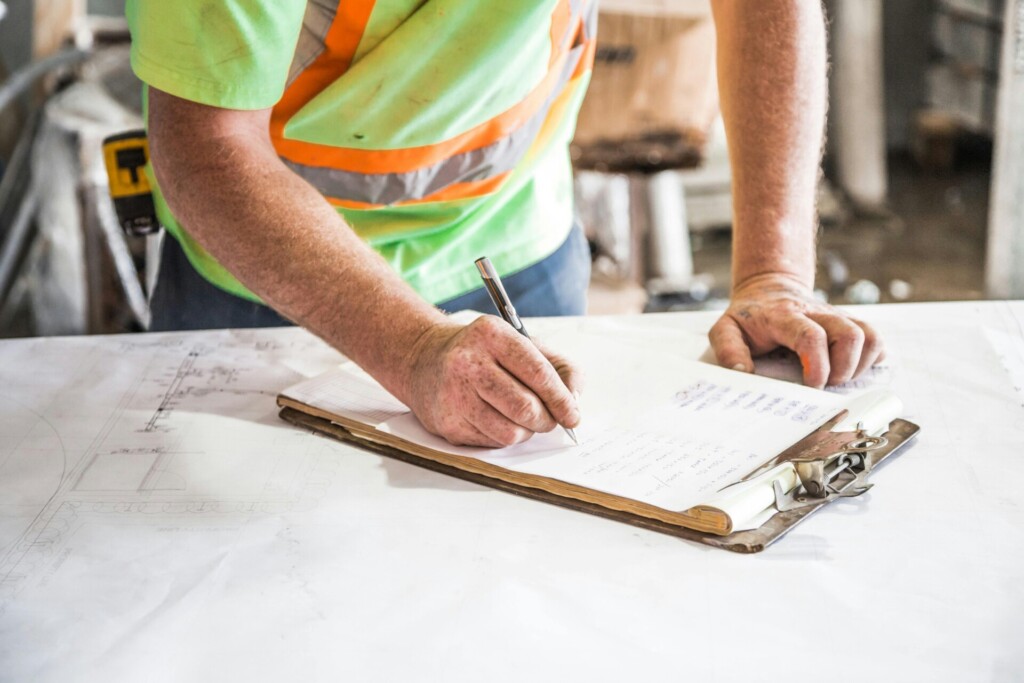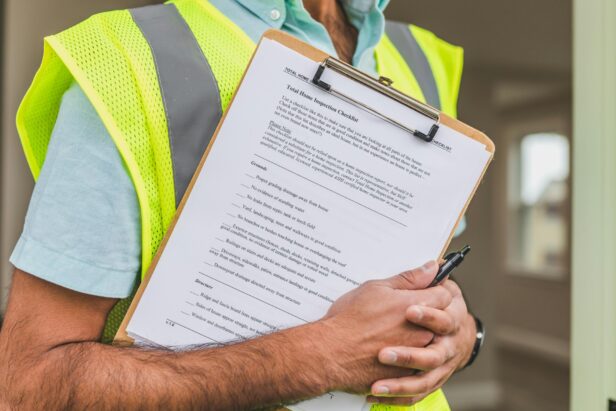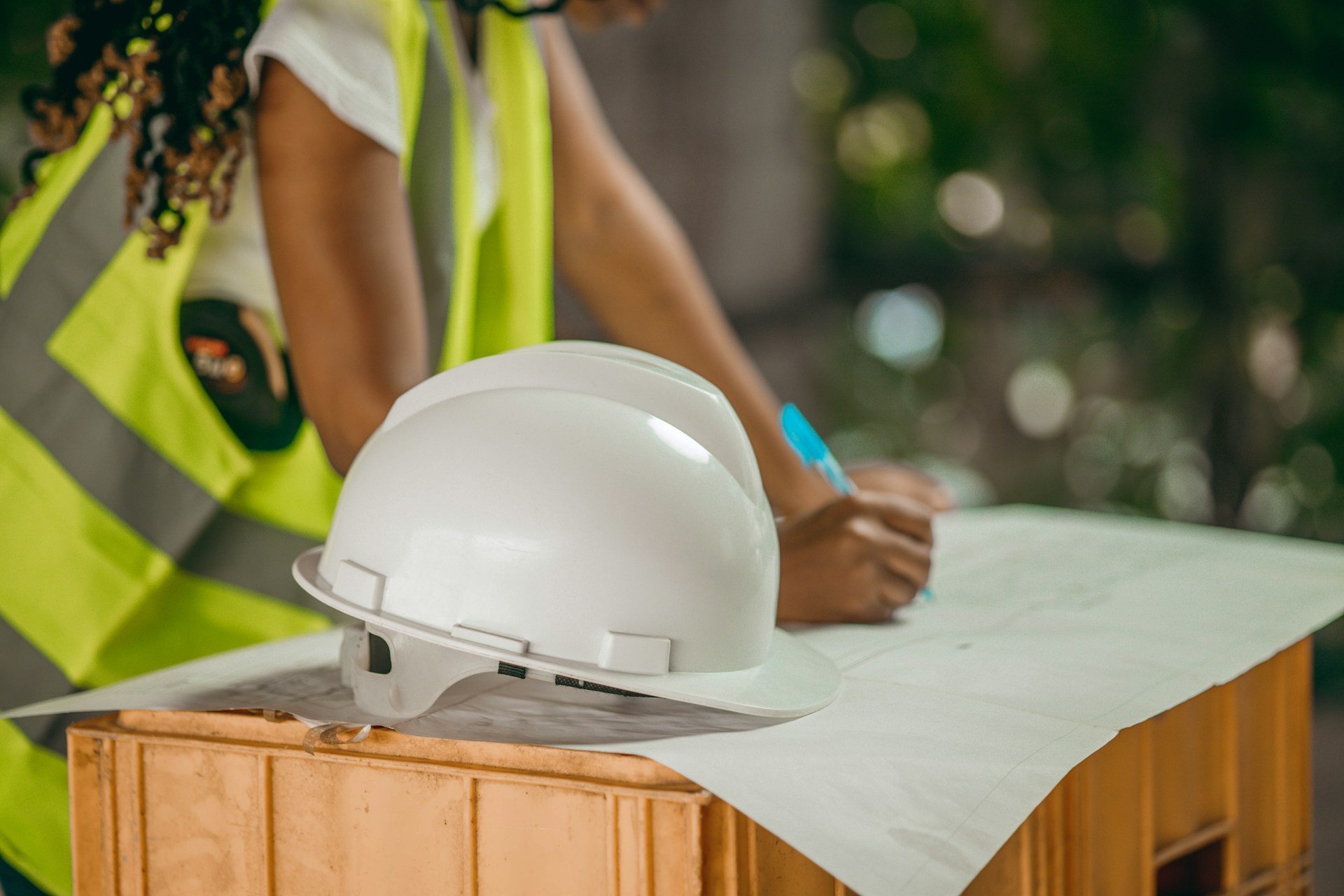In the realm of property development, understanding local building codes is one of the initial challenges for any construction project in Harris County. Since September 1, 2019, Harris County has adhered to the 2018 International Building Code (IBC), specifically chapters 2 through 10, with county-specific amendments addressing regional construction needs and challenges.
We have observed these codes evolve in response to experiences from Hurricane Harvey and other severe weather events that tested structural integrity in the region. These regulations establish essential minimum requirements for structural strength, fire resistance, accessibility, and energy efficiency to protect both current occupants and future property users.
For developers and property owners planning projects in unincorporated Harris County, understanding these standards is crucial not just for compliance, but for creating resilient structures that endure over time. The adopted codes serve as a roadmap for construction, ensuring we deliver buildings that balance innovation with established safety practices. We understand that navigating these requirements can be overwhelming, which is why our team stays informed on all local amendments that might affect your project’s design and execution.
What Other Codes Are Enforced in Harris County?

When undertaking construction projects in Harris County, our team navigates multiple regulatory frameworks beyond just the building code. Understanding this complex web of regulations directly impacts our ability to deliver compliant, safe structures on schedule.
Fire Code Requirements
Harris County strictly enforces the 2018 International Fire Code (IFC) with county-specific amendments. As builders, we must incorporate these standards into our designs from the start—not as an afterthought. The fire code governs everything from emergency access to fire suppression systems.
Fire protection standards are particularly detailed. We ensure compliance with various NFPA standards, including the 2013 NFPA 13 for commercial sprinkler systems, NFPA 13R/D for residential buildings, and NFPA 72 for fire alarm systems. These requirements shape fundamental aspects of our construction approach and material selections.
Our construction teams coordinate closely with the Harris County Fire Code Enforcement department, located at 10555 Northwest Freeway in Houston. They oversee critical safety elements like fire apparatus access roads and fire lanes—components we must properly integrate into site planning.
State-Adopted Codes with Limited County Enforcement
The regulatory landscape creates a division of responsibility. While the State of Texas has adopted the International Mechanical Code (IMC), Harris County does not actively review or inspect for compliance. This doesn’t mean we can ignore these requirements—it places more responsibility on us as the builder to self-verify compliance.
Similarly, the State of Texas has adopted the 2014 NFPA 70 National Electrical Code and the International Plumbing Code, though Harris County doesn’t directly enforce these through their inspection process. We maintain internal quality control measures to ensure these standards are met despite the lack of county oversight.
Integrated Compliance Approach
The interplay between these various codes requires a comprehensive understanding of regulatory requirements. We’ve developed systems to track compliance across all applicable codes simultaneously during design and construction phases. This integrated approach prevents costly rework and ensures we meet all obligations.
Effective September 1, 2019, Harris County’s building code enforcement focuses specifically on chapters 2-10 of the 2018 IBC with county amendments. We pay careful attention to these amendments, as they often address region-specific concerns like flooding resilience and wind resistance that standard codes might not fully cover.
Our project managers track specialized requirements for specific building systems. For instance, we ensure compliance with the 2015 NFPA 92 for smoke control systems and the 2014 NFPA 96 for ventilation and fire protection in commercial kitchens. These specialized codes significantly impact mechanical and architectural design decisions.
How Does the Residential Building Code Inspection System Work?
As a general contractor serving Harris County, we routinely guide our clients through the Residential Building Code Inspection System. This framework specifically governs single-family and duplex residential construction and applies to permits issued after September 1, 2009. The system ensures code compliance throughout the construction process.
System Access and Registration Requirements
The first step in working with Harris County’s inspection system involves proper registration. We establish digital access for each project, allowing our team and clients to monitor inspection status in real-time. Unlike older paper-based systems, the current digital platform streamlines communication between contractors and county officials.
For developers and property owners unfamiliar with the process, we handle the initial account setup with the county, requiring basic project information and permit numbers. The online portal serves as the central hub for all inspection-related activities throughout the project lifecycle.
Inspection Sequencing and Scheduling
We coordinate inspections according to Harris County’s required sequence. Foundation inspections must precede framing work, which must be approved before mechanical, electrical, and plumbing system inspections. This order ensures that critical structural elements are verified before they are concealed by subsequent construction phases.
Typically, we schedule inspections 24-48 hours in advance through the ePermits portal. The timing of these inspections is critical to maintaining project momentum—too early, and work might be incomplete; too late, and crews stand idle waiting for approval to proceed.
Documentation and Compliance Verification
Throughout the inspection process, we maintain comprehensive documentation of all interactions with county inspectors. This record-keeping is invaluable when questions arise about specific code requirements or potential compliance issues.
For each inspection milestone, we prepare detailed documentation showing how our work meets or exceeds code requirements. This proactive approach minimizes failed inspections and keeps projects on schedule. When inspectors identify issues, we implement immediate corrective actions rather than allowing problems to compound.
Understanding Common Inspection Points
The Harris County system requires several standard inspection points for residential construction. We typically coordinate inspections for foundations, framing, electrical rough-in, plumbing rough-in, mechanical systems, insulation, and final completion. Each inspection focuses on specific elements that must meet predefined standards.
Foundation inspections verify proper reinforcement, dimensions, and placement before concrete pouring. Framing inspections examine structural integrity, proper fastening methods, and adherence to approved plans. Mechanical, electrical, and plumbing inspections ensure these systems meet safety and performance standards before being enclosed within walls.
Addressing Failed Inspections
When faced with a failed inspection—which happens even to experienced contractors—we implement a systematic approach to resolution. First, we thoroughly document the inspector’s concerns and clarify any ambiguous requirements. Next, we develop a correction plan with clear responsibilities and timelines.
Rather than viewing failed inspections as setbacks, we treat them as opportunities to improve construction quality. By addressing issues promptly and thoroughly, we often strengthen the overall project while maintaining schedule integrity. Our approach includes involving subcontractors in the resolution process to ensure similar issues don’t recur in future project phases.
Final Approval Process
The culmination of the inspection system is obtaining final approval, which validates that all construction meets applicable codes and standards. We coordinate the final inspection once all systems are operational and finish work is complete. This comprehensive review examines everything from structural elements to safety features.
Upon successful completion of the final inspection, we receive documentation confirming code compliance. This documentation provides property owners with assurance that their buildings meet established safety standards and serves as valuable documentation for insurance purposes, future property sales, or refinancing.
What Legal Authority Governs the Harris County Fire Code?

The Harris County Fire Code is established and enforced through a specific legal framework that grants us the authority to implement these crucial safety standards. At EB3 Construction, we operate within this framework to ensure all our projects meet or exceed these requirements from the outset.
The authority to create and enforce the Harris County Fire Code comes directly from the Texas Legislature through Chapter 233, Subchapter C of the Texas Local Government Code (Section §233.061 et seq., as amended). This state law empowers county governments to establish fire safety regulations for buildings within their unincorporated areas. The Harris County Commissioners Court, acting as the county’s governing body, formally adopts the Fire Code through a majority vote, making it binding law within their jurisdiction.
In practical terms, two key entities oversee the Fire Code’s implementation. The Harris County Engineer administers the code, including reviewing construction plans and issuing permits. Meanwhile, the Harris County Fire Marshal has enforcement authority, conducting inspections to verify compliance. When we manage construction projects, we coordinate closely with both offices to ensure seamless code compliance.
It’s worth noting that the Fire Code applies differently based on when construction began. Buildings where construction started before the effective date of a new code revision continue to be governed by the previous version. However, any substantial improvements or new construction must meet current standards. We carefully factor this timeline consideration into our project planning and permitting processes.
The code establishes minimum requirements for fire safety in building design and construction, with particular attention to protecting life and property. Understanding this legal framework allows us to navigate permitting efficiently and implement appropriate fire safety measures in every project we undertake for our clients.
The enforcement mechanisms within the code also provide for a system of inspections, appeals, and penalties that ensure accountability. When we manage projects, we take a proactive approach to addressing these requirements, which helps avoid costly delays and ensures that completed buildings meet all safety standards.
Where Can You Get Help With Harris County Building Permits?
Understanding the Harris County building permit process can be challenging for developers and property owners unfamiliar with local regulations. To assist with this complexity, we have established several support channels to guide you through your permitting journey.
Harris County e-Permits Support
For those using the online application system, we recommend contacting the Harris County e-Permits Support Line at 713-274-3232. This dedicated team assists with technical issues, application status inquiries, and guidance on digital document submissions. The recent increase in online applications following the 2023 streamlining of the county’s permitting system has made this resource particularly valuable for first-time applicants.
In-Person Assistance
As of May 20, 2024, the Harris County Permits Office is temporarily relocated to 1111 Fannin St, 1st Floor, Houston, TX 77002. This change reflects ongoing improvements to county services, though the core permitting functions remain unchanged. The office maintains regular business hours from 7:30 a.m. to 4:30 p.m., Monday through Friday, allowing for face-to-face consultation with permitting specialists.
When visiting the permit office, we recommend bringing all relevant project documentation, including site plans, property descriptions, and drainage details. This preparation helps our staff provide the most accurate guidance for your specific construction needs and ensures compliance with current Harris County building codes.
Department-Specific Contacts
Different aspects of the permitting process are handled by specialized departments within the county system. For specific issues, we can direct you to the appropriate contact:
- Civil development questions: Contact the Commercial Site team
- Minor site development projects: Reach the Minor Development group at 713-274-3933
- Residential permits: Connect with the Residential Group at 713-274-3920
- Inspection scheduling and status: Call the Development Inspections team at 713-274-3924
Code Compliance Assistance
Building code compliance is a fundamental part of our permitting process. We provide consultation services to help developers understand how specific code requirements apply to their projects. Our team can clarify requirements for flood zone construction, fire safety provisions, and accessibility standards that may affect your project timeline and budget.
For projects with unique challenges or those in special flood hazard areas, we recommend scheduling a pre-application meeting with our review team. This proactive approach helps identify potential compliance issues before formal submission, potentially saving significant time during the review process.
Conclusion: Navigating Harris County Building Codes

Successful construction projects in Harris County require more than just excellent design and skilled labor—they demand careful adherence to the county’s comprehensive building codes. Through our projects, we have found that early engagement with code requirements streamlines the entire construction process. The 2018 International Building Code forms the backbone of these regulations, providing a structured framework that ensures both safety and functionality in every structure we build.
The permitting process can seem daunting at first, but we see it as an essential quality assurance measure rather than a bureaucratic hurdle. Our experience navigating Harris County’s specific requirements—from floodplain management regulations to fire safety codes—has shown us that these standards protect not only current occupants but future users as well. The submission of detailed site plans, proper documentation, and coordination with multiple county departments isn’t just about checking boxes; it’s about constructing buildings that will stand the test of time and ensure occupant safety. Even with the recent adaptation of hybrid inspection methods following the pandemic, the fundamental purpose remains unchanged: ensuring construction meets established safety benchmarks.
Need assistance navigating Harris County building codes for your next development project? Contact EB3 Construction today.




